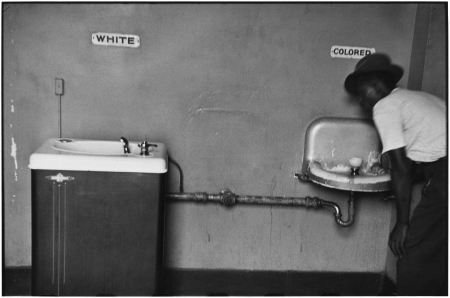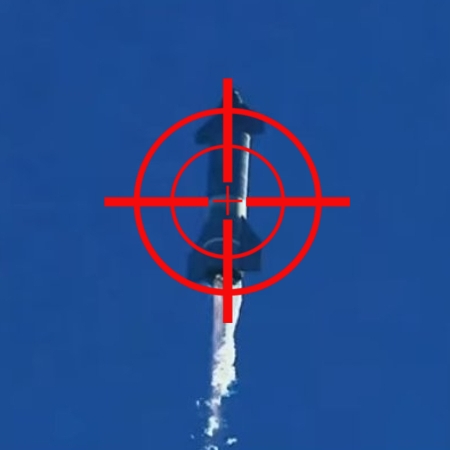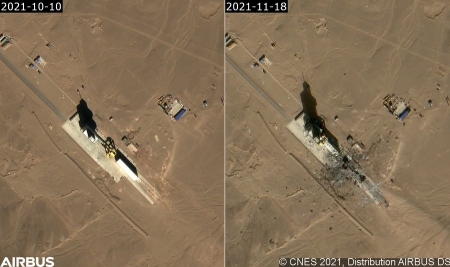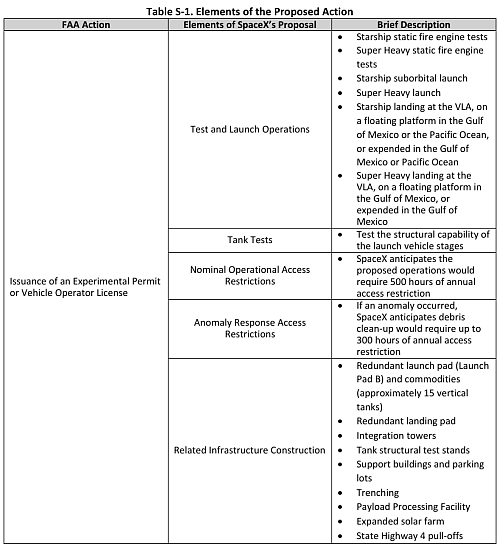OneWeb to resume satellite launches this year, complete constellation by mid-2023
Capitalism in space: According to one OneWeb official at a conference yesterday, the company now expects to resume launching its satellites on SpaceX and Indian rockets by the fourth quarter of this year and will complete its constellation by the second quarter of next year.
Launches were suspended when Russia refused to do a launch — and confiscated the 36 satellites — after Europe imposed sanctions in response to the Russian invasion of the Ukraine.
Speaking at the Fourth Summit for Space Sustainability by the Secure World Foundation and the U.K. Space Agency, Maurizio Vanotti, vice president of space infrastructure development and partnerships at OneWeb, said new launch agreements with SpaceX and NewSpace India Ltd. (NSIL) would allow the company to launch the remaining satellites of its first-generation system by the second quarter of 2023.
“Our plan is to be back on the launch pad in quarter four, after the summer, and to complete deployment of the constellation by quarter two next year,” he said. It will take several months after that final launch for the satellites to move to their operational orbits, he added. “We’re going to be in service with global coverage, 24/7, by the end of next year,” he said.
At present OneWeb has not revealed the breakdown of launches from the two companies.
Capitalism in space: According to one OneWeb official at a conference yesterday, the company now expects to resume launching its satellites on SpaceX and Indian rockets by the fourth quarter of this year and will complete its constellation by the second quarter of next year.
Launches were suspended when Russia refused to do a launch — and confiscated the 36 satellites — after Europe imposed sanctions in response to the Russian invasion of the Ukraine.
Speaking at the Fourth Summit for Space Sustainability by the Secure World Foundation and the U.K. Space Agency, Maurizio Vanotti, vice president of space infrastructure development and partnerships at OneWeb, said new launch agreements with SpaceX and NewSpace India Ltd. (NSIL) would allow the company to launch the remaining satellites of its first-generation system by the second quarter of 2023.
“Our plan is to be back on the launch pad in quarter four, after the summer, and to complete deployment of the constellation by quarter two next year,” he said. It will take several months after that final launch for the satellites to move to their operational orbits, he added. “We’re going to be in service with global coverage, 24/7, by the end of next year,” he said.
At present OneWeb has not revealed the breakdown of launches from the two companies.












